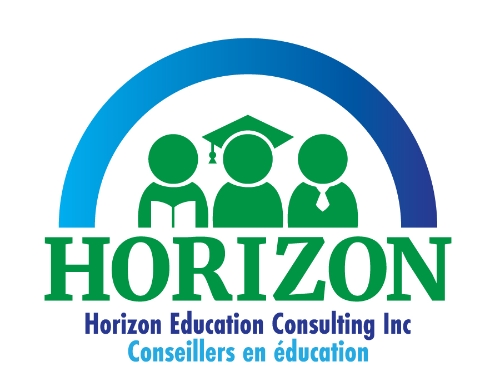As provincial politics turn to focus on the upcoming election in 2018, Ontarians will be faced with many issues funneled into play by each political party, jockeying for the public’s attention and eventual votes. Education tends to be a silent back bencher but discontent is growing, as the sector is still immune to transparency and accountability and many parents are fed up. Wait lists at school boards for services, special education shortfalls, school closings and the strength of parent advocacy groups are definitely on the radar. Parents of the 2,003, 237 students in Ontario attending schools are a loud voice if both parents vote, even if the Liberals have big business and unions in their pockets.
Teachers, all 115,154 of them working in publicly funded schools, are also tired of their unions, always being told how to vote, their hard earned salary going to pay roughly $1,500 in union dues a year which end up in political campaign funds, just as millions in taxpayers’ money is poured into reimbursing teacher unions for bargaining, a new precedent that certainly is not in the public interest nor supporting public education.
Elected school board trustees have become pawns with no power, lack independent voice to represent their constituents, muzzled by communication protocols at school boards and expected to rubber stamp staff recommendations. Some Ontario trustees have been in their seats for multiple terms, some decades, contributing to supporting fossilized administrative practices and resisting change. New potential trustee candidates are shut out through questionable tactics to keep the establishment in place. Legislation overseeing the role of school board trustees desperately needs an overhaul in structure, mandate and remuneration if it is to remain a hallmark of public education. It must become an election issue.
If only half of the 202,605 grade 12 students eligible to vote by June 2018 do so, they will be seeking quality education in their first vote, an issue within their context, speaking up about irrelevant mandatory high school courses that have no value in the demanding world into which they graduate. Encouraging students to pursue post-secondary studies with promises of better jobs when they are finishing college and university with unprecedented levels of student debt and no jobs, questions whether higher education is just another big business in Ontario. The value for money argument must be solidly shown by the Liberals if they are to tout better jobs through education. Youth do not buy in to promises anymore in an instant society, and the 814,506 students currently engaged in post secondary studies is the ideal age group to go after for votes.
Parents, students and teachers represent just over 3 million potential voters, so discontent in this large a sector of the voting population is not to be ignored by any party. The public’s appetite is strong to make education an election issue and how it will become one, is currently on the drawing board of many individuals, groups and organizations. If Wynne is to win, she must tackle accountability and transparency in education before the next scandal erupts in that sector and derails the election in 2018.
Sources:
http://www.edu.gov.on.ca/eng/educationFacts.html
http://www.statcan.gc.ca/tables-tableaux/sum-som/l01/cst01/educ71a-eng.htm


